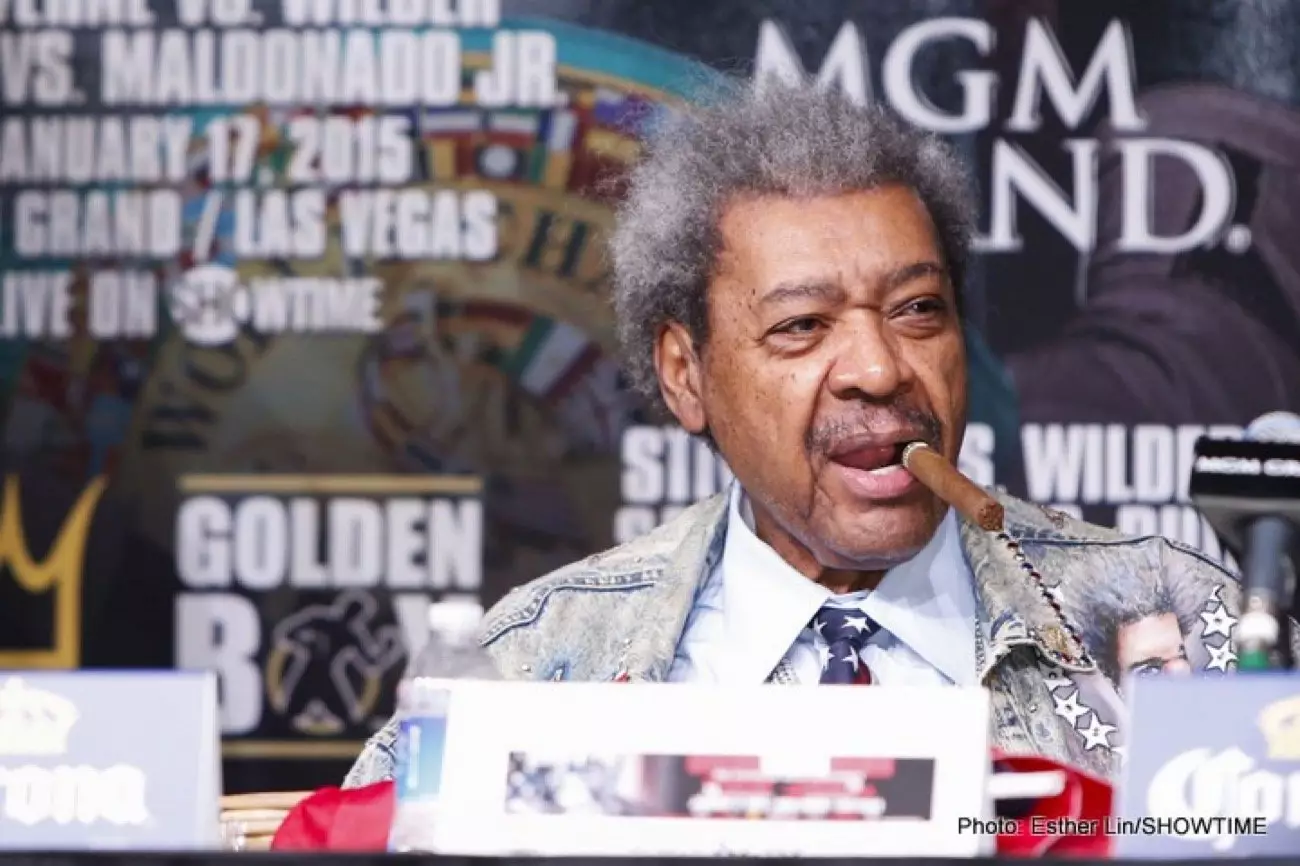In a sport that prides itself on the legacy and significance of its championship titles, the World Boxing Association (WBA) has managed to create something surprisingly unremarkable: the “Regular” Heavyweight Title. Announcing a match between Kubrat Pulev and Michael Hunter, this title is quickly becoming a meme, a relic of a time when honor and merit were at the forefront of boxing. Instead, we find ourselves in an era where every other week, another meaningless belt emerges from the WBA’s chaotic abyss—an organization more interested in monetizing mediocrity than fostering genuine competition.
The absurdity of this matchup is magnified by the promotional efforts of none other than Don King, a figure who seems stuck in a time warp. At 93, King is still quite literally faxing his way to securing fights, as if the digital age never happened. It’s almost poetic irony that while many boxing promotions are scrambling to adapt to modernity, King has clung to outdated methods, proving that in an age obsessed with tech, a simple old-school hustle can still turn heads. Don King appears eternal—a glimmer of a bygone era, but not without its own brand of chaotic charm.
Empty Titles and Faded Glory
The boxing landscape has become cluttered with organizations that crave a slice of the pie, leading to a saturation of titles. The WBA’s strategy paints it as a title shop where the only criterion for a belt seems to be the ability to pay sanctioning fees. The “Regular” title is emblematic of this trend; it bears the weight of hype but lacks any tangible significance. Despite journalists and fans pointing out the farce, the WBA persists in treating Pulev versus Hunter like it’s a monumental clash reminiscent of historic rivalries in boxing lore.
What adds to the spectacle is the absurdity surrounding the fighters themselves. Kubrat Pulev, a once-revered contender, now appears more like a relic of boxing history, reminiscing about a time when contenders faced off in meaningful bouts. His close encounter with glory was marked by a defeat to Wladimir Klitschko nearly a decade ago, and since then, he has been kept relevant through superficial matchups, like this. On the other hand, Michael Hunter, while undeniably skilled, is also trying to carve out his niche in a crowded field with little fanfare. Their bout for a non-recognized title feels more like a retirement home showdown than a championship event.
Reliance on Nostalgia and the New Generation
The narrative that surrounds Don King today is a fascinating reflection of nostalgia-culture clashing with the innovations of new generations. While social media influencers flood the boxing landscape, King operates under the radar, using classic promotional tactics reminiscent of past glories. His ability to navigate this personal time-locked sphere of boxing might bewilder younger audiences who are more acquainted with viral fight promotions and pay-per-view extravaganzas.
But maybe therein lies a deeper commentary on the sport’s evolution. King’s existence is a glaring reminder that while promotional styles change, the hunger for a real fight—one that boasts merit, legitimacy, and recognition—is an enduring quality that many fans yearn for. As boxing sifts through an era defined by digital marketing since late-night social media promotions overshadow actual combat talent, King’s old-school methods bring a sense of bizarre authenticity, albeit in a circus-like manner.
Boxing on the Brink of Absurdity
This situation entails more than just a mediocre matchup and an aging promoter. It raises critical questions surrounding the current state of boxing governance and the identity of championship titles. The proliferation of “world titles” by sanctioning organizations dilutes the relevance and historical significance attached to real accomplishments. Boxing has always thrived on the idea of a gladiator arena where genuine prowess determines success. With governing bodies offering belts to any aspirant willing to pay, it inadvertently marginalizes the very spirit of the sport.
Thus, Pulev vs. Hunter is not merely a headline; it’s a glaring testimony to the depths of absurdity that boxing has descended into. The art of promoting fights has transformed into a travesty, where hollow accolades masquerade as glory. The irony of this particular clash lies in its insignificance disguised as a spectacle of major proportions. It forces fans and critics alike to confront the disheartening reality: the boxing world stands at an intersection of nostalgia and absurdity—where titles don’t signify achievement but merely serve as commodities that anyone can purchase.

